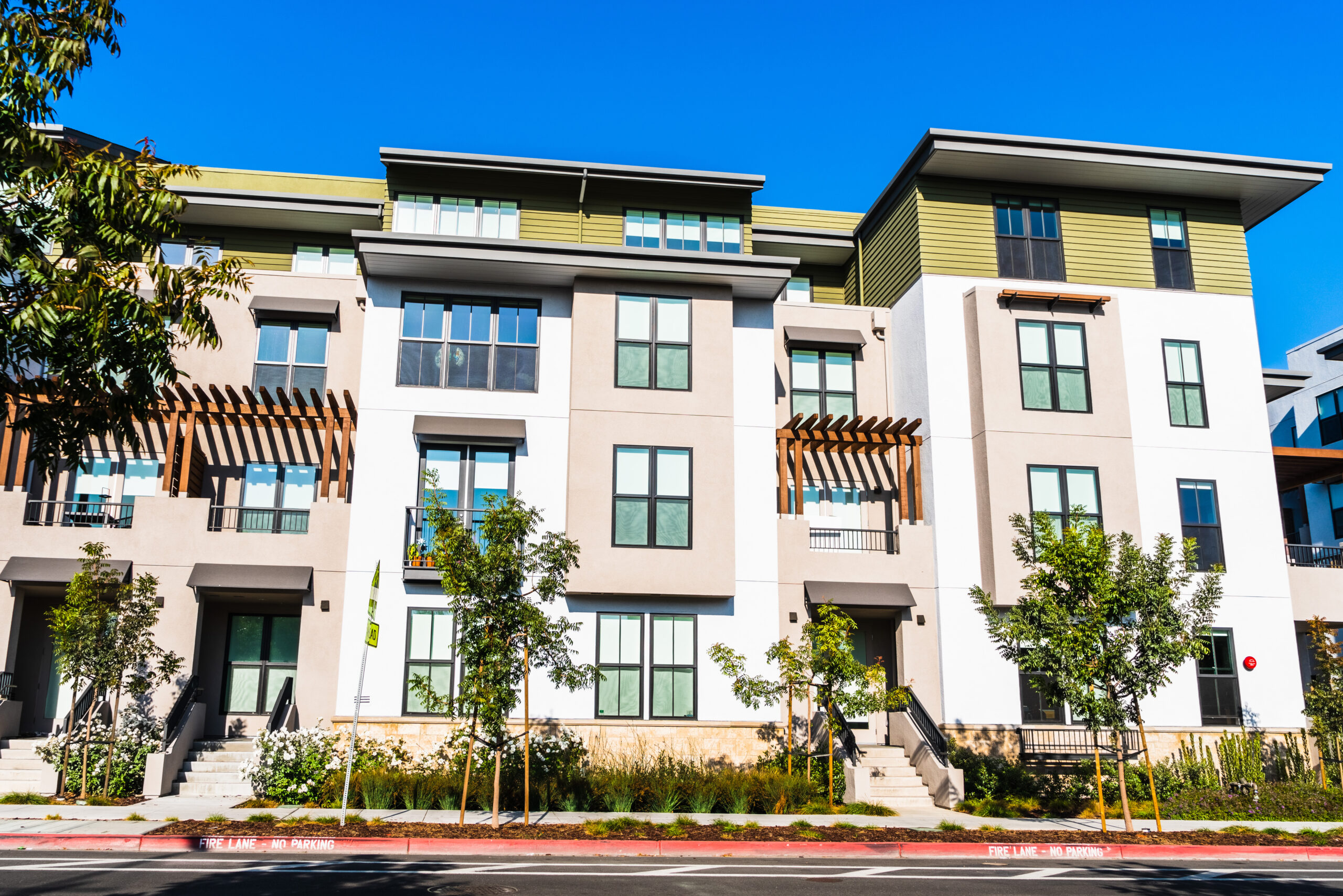Fair Housing Rule: Equity Plans to Drive Resources
On February 9, HUD will publish a proposed rule in the federal register to implement the 1968 Fair Housing Act’s statutory mandate to affirmatively further fair housing (AFFH).
On the first day of his presidency, President Biden directed HUD to take any necessary steps, as appropriate and consistent with applicable law, to implement the Fair Housing Act’s requirements that HUD administer its programs in a manner that affirmatively furthers fair housing.
The proposed rule operationalizes the 1968 Fair Housing Act’s statutory obligation to AFFH by creating a structure for certain HUD participants to create Equity Plans that include a Fair Housing Analysis, Fair Housing Goals, A Description of Community Engagement undertaken, and Fair Housing Strategies to affirmatively further fair housing.
After HUD approval of their Equity Plans, the HUD recipient would incorporate their plan’s strategies for meeting its equity goals into the key federal planning tools that are used by state and local government and PHAs to determine how to use and distribute the majority of HUD resources, including for public housing, the housing choice voucher program, the HOME and C.D.B.G. block grants, Emergency solutions grants, the Housing Opportunities for Persons with AIDS program, and national Housing Trust Fund resources. The Consolidated Plan sets the framework for the use HOME, CDBG, HOPWA, ESG, and HTF funding, while PHA Plans set the framework for use of federal funds by PHAs who administer federal public housing and housing choice vouchers.
HUD multifamily providers do not themselves have to develop or submit these Equity Plans. But multifamily providers could work with state and local governments and local housing authorities to understand how their housing fits into the overall goals of the Equity Plans and help set meaningful goals that effectuate positive fair housing outcomes.
On their own, state and local governments and PHAs are to include in their analyses the presence of all “publicly supported housing,” which includes HUD multifamily housing, low income housing tax credit, and Rural Housing Service, etc. Here, state and local governments must include various information about publicly supported housing in their Equity Plans, including the current demographics of residents of different categories of publicly supported housing in the jurisdiction and analyze how those demographics changed over time, the concentration of publicly supported housing in racially or ethnically concentrated areas of poverty, and, the ways in which residents of publicly supported housing experience disparities in access to opportunity and community assets.
A final rule would establish an approach to implement the AFFH mandate, which has been effectively without an implementation roadmap and consequences since the 1968 Fair Housing Act was enacted.
Today, HUD implements the obligation to AFFH by requiring these HUD program participants to certify they will affirmatively further fair housing in their programs and activities. The current framework, established by an AFFH interim final rule posted after the previous administration dismantled a 2015 AFFH rule, provides program participants with flexibility to choose the method of fair housing planning that they undertake to support their certification. The February 2023 proposed rule is more robust in that it requires communities and PHAs to change their resource distribution plans to reflect affirmatively furthering fair housing needs shown in certain data sets and gives HUD clear authorities to enforce affirmatively furthering fair housing rules, including ultimately to remove all HUD funding.
LeadingAge will comment during the 60 days comment period. While HUD is seeking comment on all aspects of the proposed rule, HUD is specifically seeking feedback on a few dozen questions, including on which data to use and how HUD should provide data, and the overall effectiveness of the rule to affirmatively further fair housing.
Link to HUD’s Affirmatively Furthering Fair Housing page, including the new proposed rule.

Most Recommended
July 11, 2025
 Budget Reconciliation 2025
Budget Reconciliation 2025
July 18, 2025
Pathways for Foreign-Born Workers
Recently Added
July 18, 2025
House Committee Approves Troubling HUD FY26 Funding Bill
July 17, 2025
HUD Posts Updated HOTMA Forms for Public Comment
July 15, 2025



